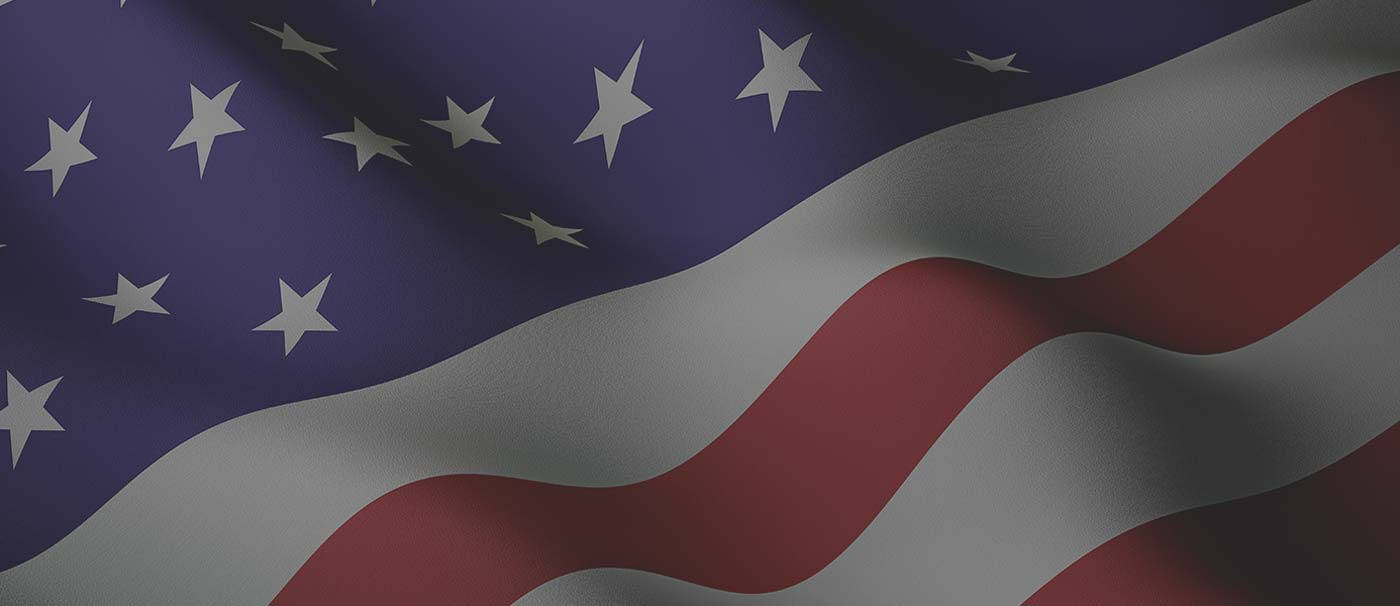Freedom of Religious Expression in Public Schools Overview
Freedom of religion and religious expression, especially with the public school system, has been a highly contested issue for decades. The First Amendment to the United States Constitution contains two clauses that affect this issue: the Establishment Clause and the Free Exercise Clause. The Establishment Clause prohibits the federal government or any state from passing laws that establish an official religion or any action that appears as preferring one religion over another. The Free Exercise Clause prohibits the federal government or any state from interfering with a person’s religious practice, though this freedom may be limited by civil or criminal law. Over the past 50 years, a number of cases and court challenges have surfaced pertaining to religious liberties within the public school system. During the Clinton Administration, Secretary of Education, Richard Riley issued a “statement of principles” that outlined permissible religious expression in public schools. Since then, a number of states, using the successful model of the Texas State Legislature, have enacted antidiscrimination laws that protect a student’s right to religious expression.
 National Strategic Center
National Strategic Center 
 Join the movement in your state
Join the movement in your state  For APCN Members
For APCN Members 








